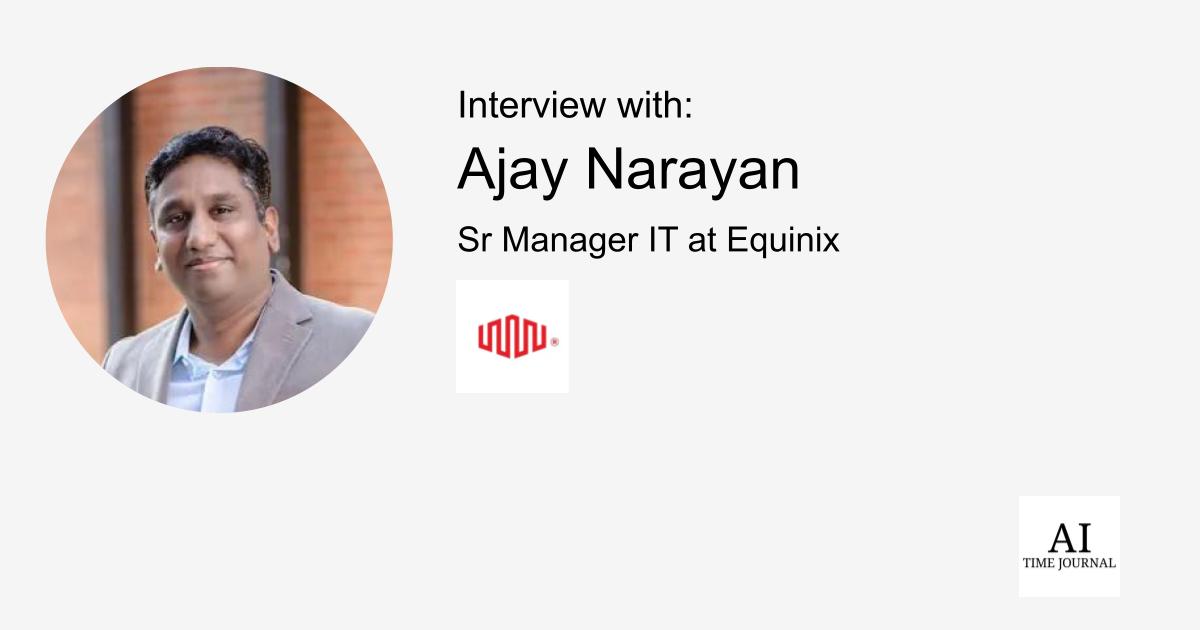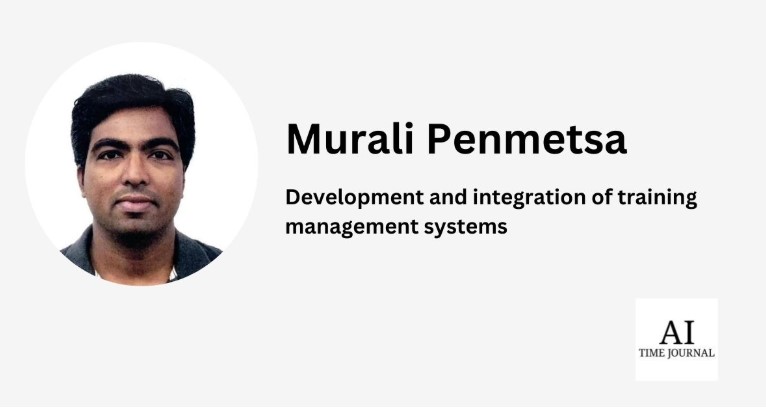The State of PHP 2024
PHP continues to be a cornerstone of web development, powering millions of websites around the world. Its vibrant and dedicated community values its flexibility and ease of use. But what does the current state of PHP development look like? To uncover deeper insights and trends shaping the ecosystem, we’ve turned to our in-house expert, Brent […]

PHP continues to be a cornerstone of web development, powering millions of websites around the world. Its vibrant and dedicated community values its flexibility and ease of use. But what does the current state of PHP development look like?
To uncover deeper insights and trends shaping the ecosystem, we’ve turned to our in-house expert, Brent Roose, Developer Advocate for PHP, who will guide us through the results of the State of Developer Ecosystem Survey 2024. Join us as we explore the findings and learn how PHP developers are navigating the ever-evolving landscape of modern web development.

Participants
We analyzed the responses of a diverse pool of 2,660 PHP developers from around the world.
Professional experience
The professional coding experience of the respondents varied widely, with a notable lean toward mid-career developers.
Geographic distribution
The survey attracted a highly international audience, with participants hailing from several different world regions. The largest group of respondents came from Japan (11%), followed by Mainland China (9%) and the United States (8%). Other notable regions included Brazil (7%) and India (6%). The representation of European countries, such as Germany (5%), France (4%), the Netherlands (2%), and Italy (2%), highlight the survey’s global reach.
Age range
The age distribution of the respondents shows a predominance of early- to mid-career developers. Developers in their 30s represent a significant portion of the community, followed closely by those in their 20s, which reflects PHP’s largely young and dynamic developer base. Meanwhile, developers in their 40s and 50s are also well-represented, highlighting the breadth of experience across the community. Younger respondents under 21 and those aged 60 or older make up the smallest groups, indicating a primarily mid-range demographic.
Gender
The survey’s gender distribution shows a striking lack of diversity, with the overwhelming majority of respondents identifying as male. Female representation is minimal, making up only a small percentage of participants, while non-binary, genderqueer, and other gender identities are almost entirely absent. The data highlights the persistent gender imbalance within the developer community and suggests a pressing need for greater inclusivity and representation in the field.
“While the survey highlights gender imbalance and the lack of diversity, equality, and inclusion within the developer community, there are efforts to change that through initiatives like Larabelles. Larabelles is a community for PHP and Laravel developers who are underrepresented due to their gender. We encourage inclusivity, provide resources, and create opportunities for developers to help build a more supportive environment for everyone in tech. While we have not provided a complete solution yet, our efforts are important steps toward addressing the imbalance highlighted by the survey data. I encourage you to join our community and our efforts to improve the tech industry.”
PHP versions in active use
While 86% of PHP developers are using version 8 in 2024, adoption remains lower compared to the 96% who had adopted version 7 in 2020, a similar length of time after its release.

PHP frameworks
Laravel continues to reign as the most popular PHP framework among our user base. Get deeper insights into the framework and its ecosystem in the State of Laravel 2024 survey and our overview of it.
“As the creator of Laravel, it’s a profound privilege to continue developing a framework that empowers developers and companies around the world. Laravel’s mission has always been to help teams ship amazing, well-tested, and beautifully architected applications quickly and with confidence. It’s an honor to see the incredible solutions our community builds every day, and I’m grateful to play a role in supporting their success.”
“13 years ago, someone on the PHP subreddit wrote: ‘Laravel is my favorite framework right now. But deep down I wish I was a symfony2 guru and drove a nicer car.’ It’s intriguing to see how the PHP community has shifted in the past decade: Laravel used to be the underdog, but now it’s the most popular framework by far. What I think adds to Laravel’s success is its focus on code usability over ‘being correct’: 95% of the time, it just works. Combine that with a very strong community, both online and offline, and you get a recipe for success. Laravel’s journey is truly inspiring, and I think every programmer should be aware of it.”
PHP development environments
Most used IDE or editor
While PhpStorm is still used by more than half of the respondents, VS Code is steadily gaining popularity among developers, especially beginners.
“We see that most people who use PhpStorm keep using it indefinitely. At the same time, there’s a new generation of developers growing up who (understandably) reach for tools like VS Code to start their coding journey: It’s free and there’s a lower learning curve compared to a full-blown IDE like PhpStorm.
However, I’ve been telling people the same thing for years (long before I worked as an advocate at JetBrains): It’s worth investing time in learning the proper tools. Just like a carpenter has to spend time and effort learning to operate heavy machinery, it’s worth learning how to use an IDE to its full potential as a programmer. It’s a short-term investment that will make you so much more productive in the long run.
Recently I’ve been working on a ‘Getting Started with PhpStorm’ series that addresses this group. The goal of this series is to get you started with PhpStorm, so that you feel productive with it within minutes. I cover topics like IDE actions, refactoring, testing, debugging, etc. I think it’s worth the effort, so I’d say: ‘Give it a try.’”
IDE or editor of choice per framework
PhpStorm (including IntelliJ IDEA Ultimate with the PHP plugin) is the leading choice among PHP developers across most frameworks, particularly Symfony, where it is used by a substantial majority. For Laravel developers, PhpStorm also holds the top spot and faces competition from VS Code, the second most popular choice. Among WordPress developers, VS Code narrowly surpasses PhpStorm as the preferred editor, likely reflecting WordPress’s broader user base and its inclination toward lightweight tools.
Debugging
When it comes to how PHP developers debug, the picture is almost unchanged from 2023, with the majority of those surveyed still favoring dumping values over using a dedicated debugger.
“In my experience, a debugger is a really powerful tool, but it’s also difficult to get started with. Because PHP doesn’t have a built-in debugger, there’s an additional installation process you need to go through to set it up. On top of that, debugging itself is a skill that needs practice.
I think there’s a lot of room for improvement when it comes both to learning debugging as well as to making the debugger experience more frictionless. I’m looking forward to next year though, as the PhpStorm team is going to work to make debugging more enjoyable. Meanwhile, I’ve already made a video about getting started with Xdebug, check it out here.”
Testing frameworks
PHPUnit is still the most widely used testing framework, with only a slight decrease in users, while Pest retains the 13% share it achieved in 2023.
“I’m incredibly grateful for the growth of Pest in 2024. Its daily downloads on Packagist have doubled in just one year. With features like built-in snapshot testing, stress testing, mutation testing, architectural testing, type coverage, and more, Pest has grown into an incredibly powerful testing framework. Thank you to everyone who made this possible!”
Code quality tools
A cluster of 3 code quality tools stood above the rest in 2024. Despite the slight decrease from last year, PHP CS Fixer is still at the top. Meanwhile, second-ranked PHPStan closed the gap between itself and first place to just 1%. PHP_CodeSniffer continued its decline following last year’s 5 percentage point drop.
Adoption of AI
We uncovered some interesting trends regarding the use of AI tools for coding and development-related activities among PHP users. ChatGPT emerged as the most widely used AI tool, with GitHub Copilot following as the second most popular. Other tools, such as Google Gemini and JetBrains AI Assistant, saw less adoption overall.
On company policies surrounding AI usage, attitudes remain varied. While 29% of respondents reported that AI tools are allowed for all projects, an almost equal proportion (27%) said their companies only allow AI tools for select projects. Interestingly, 27% of respondents reported that their companies do not have any explicit AI usage policy, reflecting the ongoing normalization of these tools in development environments. Meanwhile, only a small percentage (7%) of organizations prohibit the use of third-party AI tools altogether.
These findings reveal a growing acceptance of AI in development workflows, with ChatGPT and GitHub Copilot leading the way as key contributors to productivity and problem-solving. Despite being relatively new to the race, we’re constantly improving our own JetBrains AI Assistant to bring the most efficient AI experience to developers.
The PHP Foundation: Projects and focus for 2025
The PHP Foundation is a non-profit organization established in November 2021 to support the development and sustainability of the PHP programming language. As one of the founding members of the PHP Foundation, JetBrains has been instrumental in supporting this initiative, providing funding and helping to drive collaboration within the global PHP community.
The foundation team is responsible for many of the recent additions to the language and ecosystem, including property hooks, asymmetric visibility, lazy objects, a new tool for installing extensions called PIE, and a security audit of the PHP source code – all in 2024 alone!
So what’s coming in 2025? The main focus for the foundation will remain the same – improving the language for users and ensuring security and maintenance. Roman Pronskiy, PhpStorm Developer Advocate and Executive Director of The PHP Foundation, asked the community to share their opinions and ideas on X:
Hey folks, as we’re planning @ThePHPF's 2025 strategy, I’d love to hear from you.
What’s been frustrating you about PHP or ecosystem lately? Any tools, workflows, or ideas you think could make things better?— Roman Pronskiy (@pronskiy) January 10, 2025
We received many interesting suggestions about what we should prioritize. Here are just a few of them:
- A production-ready, built-in web server
- A database connection pool
- WASM support
- Bundled extensions
- Generics (of course)
- Records/structs
But the one that stood out more in this particular thread was the redesign of the php.net website! What do you think?
There are some ongoing developments such as native modules, pattern matching, and others. Follow The PHP Foundation’s social media channels to learn about the coming projects: X, Mastodon, LinkedIn, and Bluesky.
Conclusion
The PHP ecosystem is clearly continuing to evolve as developers adopt new tools, technologies, and practices. PhpStorm remains a top choice for many, particularly among those using frameworks like Symfony and Laravel, while VS Code has established a strong foothold within the WordPress community. The growing adoption of AI tools reflects an increasing reliance on AI to assist with coding and development tasks, with developers viewing these tools as collaborators and problem solvers. However, the survey also highlights areas for growth, such as improving gender diversity, broadening representation in the field, and fostering greater inclusivity. As the PHP community moves forward, these insights into today’s development landscape reveal opportunities to strengthen both the tools and the community as a whole.
Keep up to date with all the latest news with our curated PHP Annotated monthly overview.

















_Agata_Gładykowska_Alamy.jpg?#)


























































